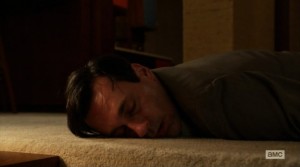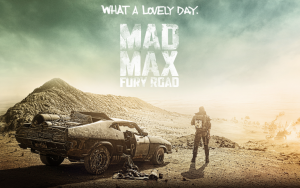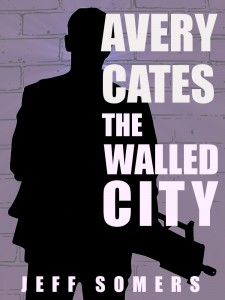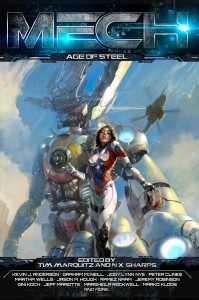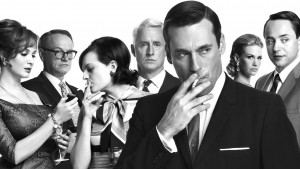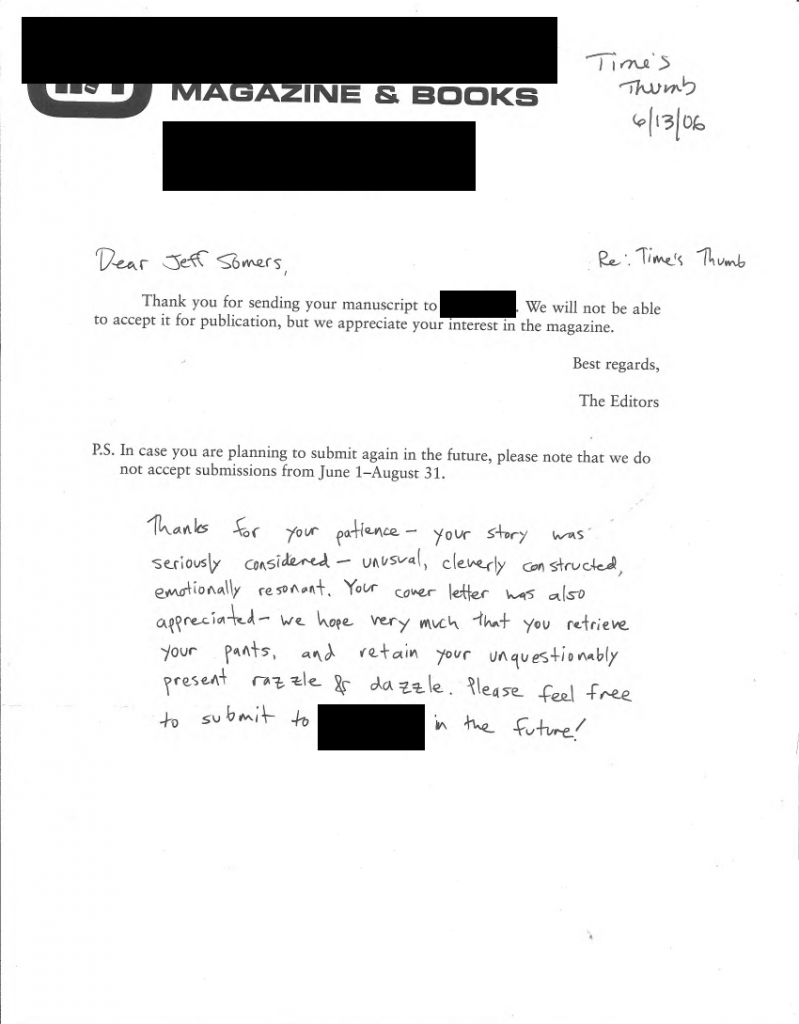The Power of a Classic Lack of Choice
MANY BOTHANS DIED TO BRING US THIS INFORMATION: So, over at US Weekly (don’t ask how I came across this) they did a little piece on Kim Kardashian’s old MySpace account. You can Us Weekly on KK’s MySpace Monstrosity, and view the pink horror of Princess Kimberly and her 856 MySpace friends. This was in 2006, two years before Facebook arrived on the scene, so people can be forgiven for having a MySpace page. However, I think there’s a lesson here for writing and writers — no, seriously, wait, where are you going? Come back!
So, here’s the thing: Forget Kim Kardashian, just look at that hot mess of a page. Then compare it to Facebook. On the one hand, MySpace should have been the more popular. People can customize their pages, changing colors, adding graphics and music. Facebook is like the Dystopian government of social media: You get one shade of blue and one shade of white and fuck you if you don’t want to see promoted shit. And yet, Facebook is dominant and MySpace … well, people are generally confused to discover that MySpace still exists.
The lesson here for writers is: When it comes to worldbuilding, classic and clean is usually better.
See, back in 2006 you might have been forgiven for assuming that the world of social media and online profiles et al would go the way of MySpace: Increasing customization, increasing personalization. People had some hideous, hideous and horrific (but very personal) MySpace pages back in the day. Don’t believe me, just Google “ugly MySpace pages” and see them in their eye-straining glory. But if you were trying to imagine the kids using the intrawebs back in 2006, or trying to envision what the Super Internet of the future in 2015 would look like back in 2006, you might have used MySpace as a jumping off point and imagined a world where everyone had complete and awful control over the aesthetics of their social media.
Instead, of course, Facebook came along. Like a stern older executive at your company, they don’t allow customization, really. Everyone gets exactly one shade of blue, limited control over what they see and who sees what they post, and generally a uniform and bland visual experience. And people love it. Or at least like it better than the nightmarish universe that was MySpace.
The Lesson
So, the lesson: Be careful when imagining where the world will be — and also when cherry-picking the details you use to establish time and place when your story is set in the present. If you published a novel in 2006 that went on and on about someone’s MySpace page, then welcome to that awkward moment when everyone in the universe will have a moment of eyebrow-raising disruption when they come across this nugget in your story.
Now, we all get things wrong, sometimes. And heck — you might use Facebook in a story today, feeling fairly confident that its 7-year reign of terror over us all will go on forever. But like Kubrick’s use of Pan Am in 2001: A Space Odyssey, even the most established and seemingly rock-solid organizations and corporations can fall, leaving your work sadly dated. This would argue for limiting such references as much as possible. After all, your reference to Facebook might lend your scene a verisimilitude today, and make it feel ancient and outdated three years from now. Keep it classic and clean — which means concentrating more on what your characters are doing rather than the corporate channels they’re using.
And, in case you’re wondering, no, I didn’t have a MySpace page. I actually thought I was too good for social media until 2010 or so, which might explain why I’m so unpopular.




